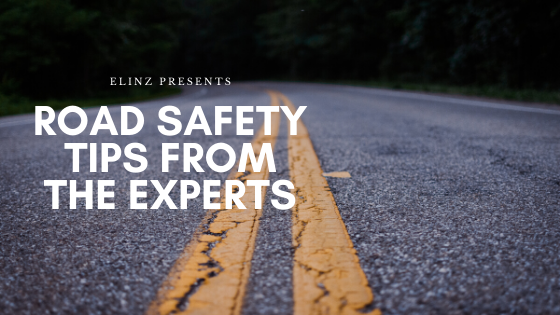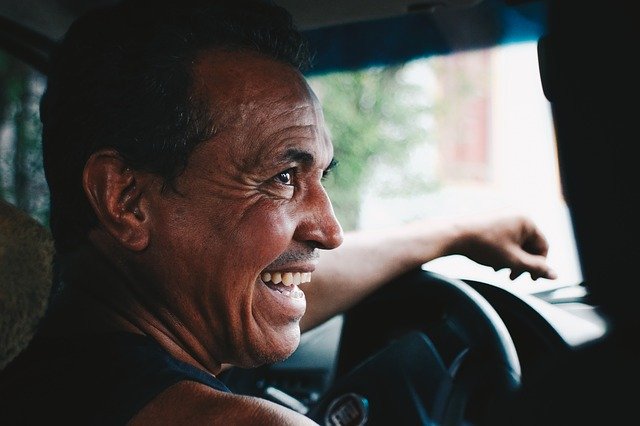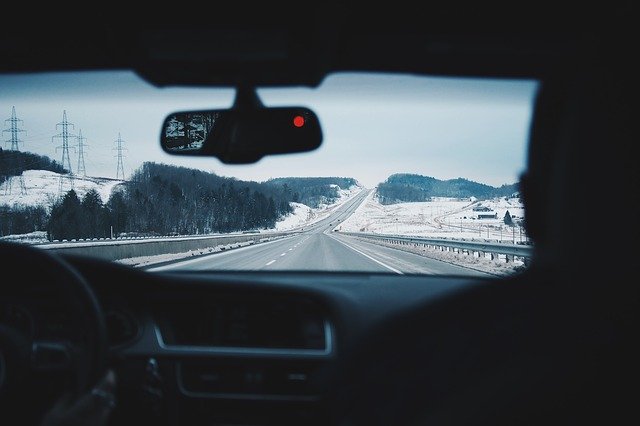
Recently, we’ve been in touch with some motoring experts and they were gracious enough to answer our questions about road safety. To help answer the age-long debate, we couldn’t help but ask them about this question, too:
Do dash cams and reversing cameras really help in making roads safer?
Here are some of the best answers from these motoring and road safety experts.
Jeenee Co-Pilot answers first and lets us know:
“A dash cam is a great tool to help improve road safety. It can be a great way not only to track other drivers’ behaviour but it also keeps drivers accountable. When you have a record for your actions, you may instinctively drive better knowing that you driving skills are being documented too.
Reversing cameras are another excellent tool for increasing road safety. While drivers should not rely solely on cameras, they do enhance the visual field and enable drivers to see behind their car. Parking and reversing become less dangerous as obstacles that once were hidden are now easier to see and distances easier to judge.”
This is absolutely true. We’ve said it before in a previous blog post- dash cameras will instinctively help you drive safer. It certainly feels like you’re being watched all the time while driving, and you know you can’t misbehave while you’re being watched.
It then turns into a habit that will be hard to shake off, and without knowing it driving safe is your default!
We agree with the usage of a reverse camera. There's nothing wrong with getting an extra layer of safety, something that reversing cameras can provide. You can't really see what's right behind your car, and a reversing camera helps with that.
.jpg)
As an additional tip:
"Our #1 rule for Road Safety is ‘Always be alert and focused when driving”. With so much on people’s plates, we always seem to be in a rush and multitasking. It’s important to always focus on driving, put away the mobile phone, remain alert by never driving tired or alcohol/drug impaired and give all your attention to the road and those around you."
Driver distraction is a real problem. It's a very real cause for accidents happening, and as a driver its your responsibility to always be alert, to always keep both hands on the wheel and both (open) eyes on the road at all times.
We've also been in touch with Maddison Lambert from the Transport Accident Commision, and they had this to say:
"Reversing techs such as cameras or sensors have been shown to reduce pedestrian crashes by between 31% and 41%."
Research also suggests that camera tech such as dash cams and reversing cameras have effectively reduced collisions with bystanders, as Maddison points out. You can see the research paper here, from Monash University's Accident Research Centre.
Here's another expert opinion from our friend Dave Lye, from PriceMyCar.com.au.
"Dash cams are starting to take effect in Australia as they become more popular. Once they are mainstream (which will likely happen in one form or another), drivers will moderate their behaviour as they realise they are being 'watched'. They will have a big impact particularly on road-rage incidents as drivers thing twice before exhibiting anti-social behaviour.
As for reversing cameras, although there's an argument that people rely on the camera rather than turn around to observe directly, this is outweighed by the fact that many people have switched from reversing by using mirrors to using their camera which is much safer. Particularly as technology improves and the picture & coverage become better and better.''
.jpg)
As for items they recommend to make your everyday driving safer:
"The absolute must-have for safety is a fixed mobile phone cradle. Although one of the simplest pieces of gear, it drastically reduces the scourge of hand-held mobile phone use while driving which is thought to be responsible for around 1 in 4 of all accidents."
Having your phone mounted (and not taken off the cradle over the duration of your trip) makes sure that you are driving distraction free.
Here's another expert opinion from Jerome Carslake from the Australian Road Research Board:
"Like any road safety tool, dash and reversing cams can help improve safety but it is always reliant on the user to understand how to best use and apply them. Safety comes down to the individual and how they apply it, all technology has gaps, reversing cameras in particular have blinds spots which the user must be aware of. Dash cams can help act as another form of protection should an incident occur."
For his #1 road safety tip:
"Be in the moment and be courteous. Does saving 40seconds really matter or being the first off the lights. Remember, 90% of crashes are human error. A simple lapse in judgment, a distraction, can be disaster."
This is absolutely correct- being irate on the road is a big no-no, no matter what happens. If someone cuts you or is driving incorrectly, don't let your emotions run high. Just breathe, and continue driving carefully. Driving is supposed to be a pleasant experience. Remember to keep that smile and be an outstanding and courteous driver, and it will be a nice trip althroughout.

We've also had the chance to get in touch with Scotty Kilmer, an automotive and driving expert. Here's his expert opinion:
"The cams make it safer if you get hit and the insurance can see it's the other's fault, and indirectly they make it safer. IF you watch a lot of russian car crash vids like I do so then you drive paranoid and look all around a LOT more."
Scotty emphasizes that they're an additional layer of safety for after the accident. If you do see some car crash videos taken from dash cams, you'll definitely feel like driving a lot safer, seeing as how terrible accidents could be.
He continues with his #1 safety tip:
"Number one tip for safety is to use your eyes and your brain in tandem to actually watch the road and not to daydream of mess with phones."
So true. Again, driver distraction is a very real thing and we need to make sure to take precautions against it. Also, If you haven't checked out Scotty's YouTube channel yet, follow this link! He has tons of funny, informative and just downright excellent content for all motorheads out there.

Antonetta Bartley from Kidsafe SA also had this to add:
"There currently isn’t any data that we are aware of that can directly attribute the use of dash cams and reversing cameras to improved road safety. However we would always encourage everyone to make sure that they are aware of children in and around roadways and to be aware that there is a blind spot behind every vehicle. Children can be unpredictable and we have several resources that can aid parents and carers with information around driveways and pedestrian safety."
True- children can be unpredictable and can suddenly appear right behind or in front of you vehicle- you always need that extra set of eyes looking at your car's blind spots to make sure that you don't hit anything, or anyone.
Kidsafe SA also shared with us some resources about drive way safety and keeping your kids safe when you're out and about. Do follow those links as they contain a wealth of information!
Luke McKay from Leman Motors also shared some of his ideas with us, and here is how he views dash cams and reverse cameras in relation to road safety:
"I think dash cams certainly have their place in road safety. The accountability that has come from some of the footage released in the media (for example of cyclists being hit by cars) is overall a positive thing. I think reverse cameras certainly have their place too — however, the idea of drivers becoming too reliant on these cameras is a concern. You should always be paying attention"
We absolutely agree. While dash cams and reversing cameras are extremely beneficial for everyday driving, the driver is still in control, and should always be watching the road with intent on keeping safe.
As for his #1 safety tip:
"My #1 safety tip for driving is a pretty obvious one. Pay attention to the road. AEB is an excellent feature and new cars are being built safer and safer. You still need to pay attention to the road though. Another overlooked safety tip is paying attention to your tyres. Keep them at the correct air pressure to avoid unnecessary wear and change them when yo u need to."
Excellent point! Besides the driving aspect and factoring out human error, your car's current state helps dictate how well it will perform. TPMS (Tyre Pressure Monitoring Systems) and OBDII scanners are great tools in keeping your car in tip top shape, ready for any kind of trip you'll be doing throughout the day.
There you have it- our experts have weighed in. Dash cams and reverse camers are excellent tools to stay safe out on the road, but make sure that you have both hands on the road, and eyes on the road.
If you're looking for the best dash cameras and reverse cameras out on the market, Elinz is your best source for great products at the best price point you'll find nowhere else.
Stay safe out there, and happy driving!


.jpg)
.jpg)

